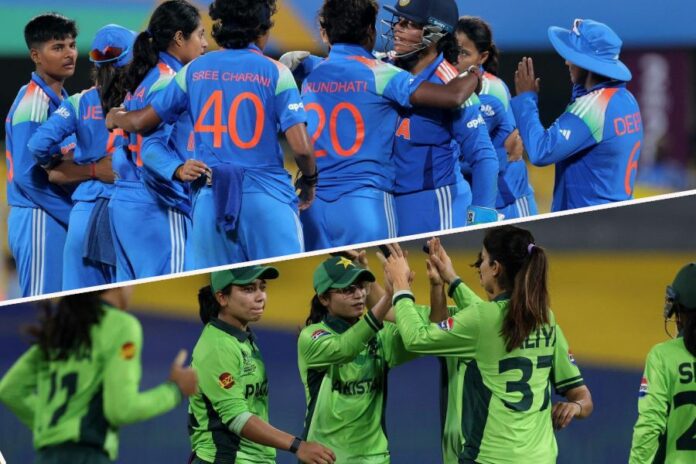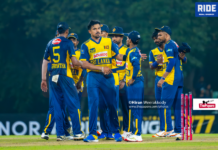India – Pakistan contests are always box-office. With 1.65 billion fans between them and no bilateral cricket for years, every encounter is highly anticipated by fans of both countries and rest of the cricketing world. The last four weeks have been manna from heaven for those who live for these clashes, four successive Sundays of subcontinental drama.
In Dubai, the men’s teams locked horns thrice, and this Sunday, the women take the field in Colombo’s World Cup fixture. The men’s battles were mostly one-way traffic with India holding the upper hand, though the final turned into a real humdinger. What remains to be seen is whether the women’s clash at R. Premadasa Stadium will be a clean contest or another chapter in a messy saga. Fans, at least, will pray that the monsoon doesn’t play spoilsport again after Saturday’s washout between Sri Lanka and Australia.
But cricket, sadly, has become a mirror of politics. The sabre-rattling between the two nuclear neighbours has spilled onto the pitch. India’s refusal to shake hands and Pakistan’s retaliatory antics, from mocking gestures to overzealous celebrations, have led to fines and headlines. The Asia Cup final descended into farce when India declined to accept the trophy from PCB chief Mohsin Naqvi, who recently assumed the Asian Cricket Council presidency. In a tit-for-tat move, Naqvi whisked away the silverware, leaving India’s unbeaten champions empty-handed after an hour-long wait.
Scenes like that bring the game into disrepute. Such shenanigans are rare even in street cricket. It’s high time someone played the peacemaker and brought sanity back to the crease. Some suggest shelving India – Pakistan fixtures until tempers cool, but that’s easier said than done. Broadcasters would cry foul, coffers would run dry and the cricketing world would lose its biggest crowd-puller. Anyway, when the two giants collide in knockout rounds, the organisers have little choice, Hobson’s choice, really.
The build-up to the women’s encounter has, thankfully, been more genteel. No ultimatums, no handshake bans, no barbs from captains. Whether courtesy survives the final handshake, or lack of it, remains to be seen. But it’s a timely reminder that sport should unite, not divide.
It’s quite possible that political puppeteers are pulling the strings, nudging players to perform for patriotic applause. Yet in the long run, no one wins from such theatrics. Cricket, after all, is meant to be a bridge, not a battlefield.
The 2022 Women’s World Cup in New Zealand showed how beautiful this rivalry can be. Pakistan’s then-captain Bismah Maroof brought her six-month-old baby to the tournament and after the game, Indian stars Smriti Mandhana and Harmanpreet Kaur were seen doting on the child — a scene that melted hearts across borders.
Such images are unlikely this time. As Pakistan skipper Fatima Sana put it, “We always try to maintain healthy relationships with every team. What happened before with Bismah’s daughter — everyone mingling and sharing joy — those are moments we cherish.”
If only cricket could return to that spirit, where boundaries are drawn on the field, not between hearts.














